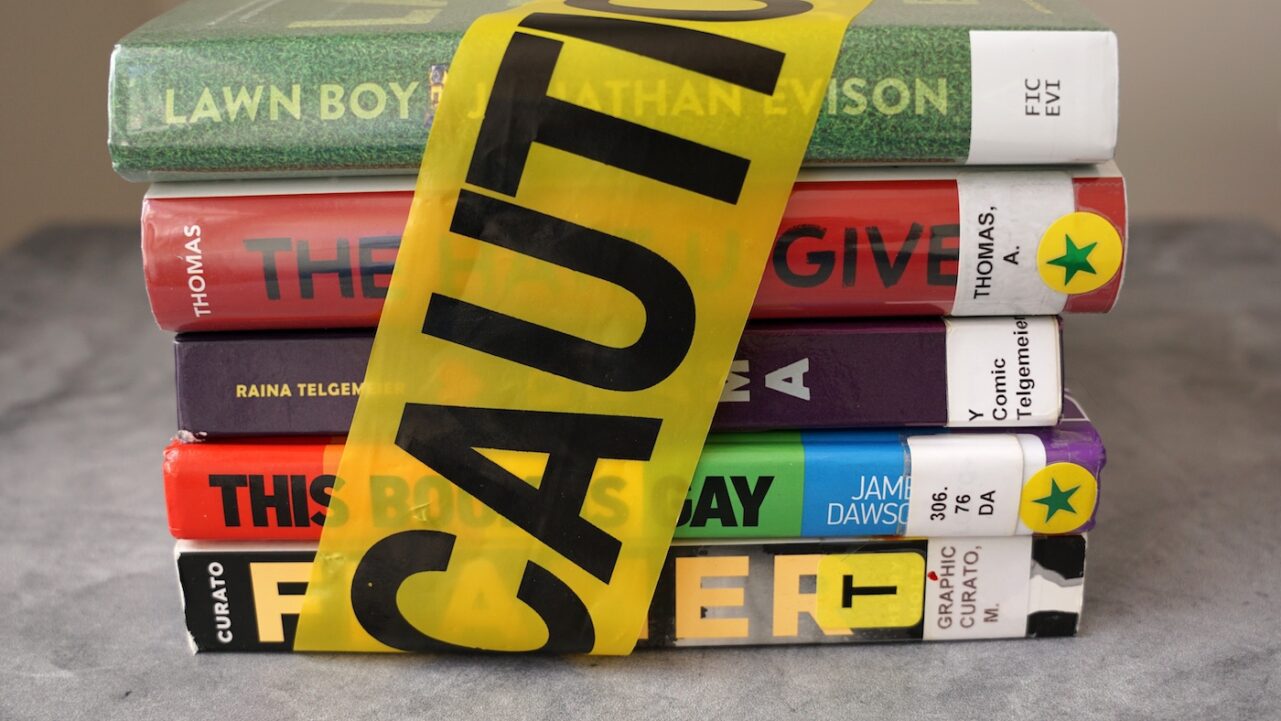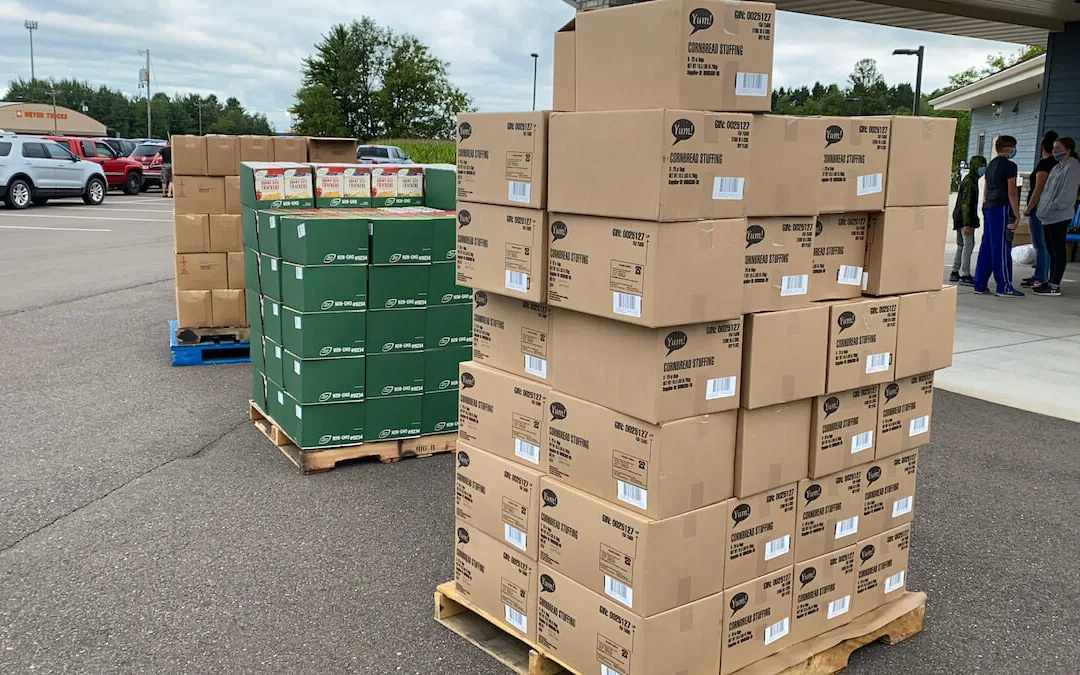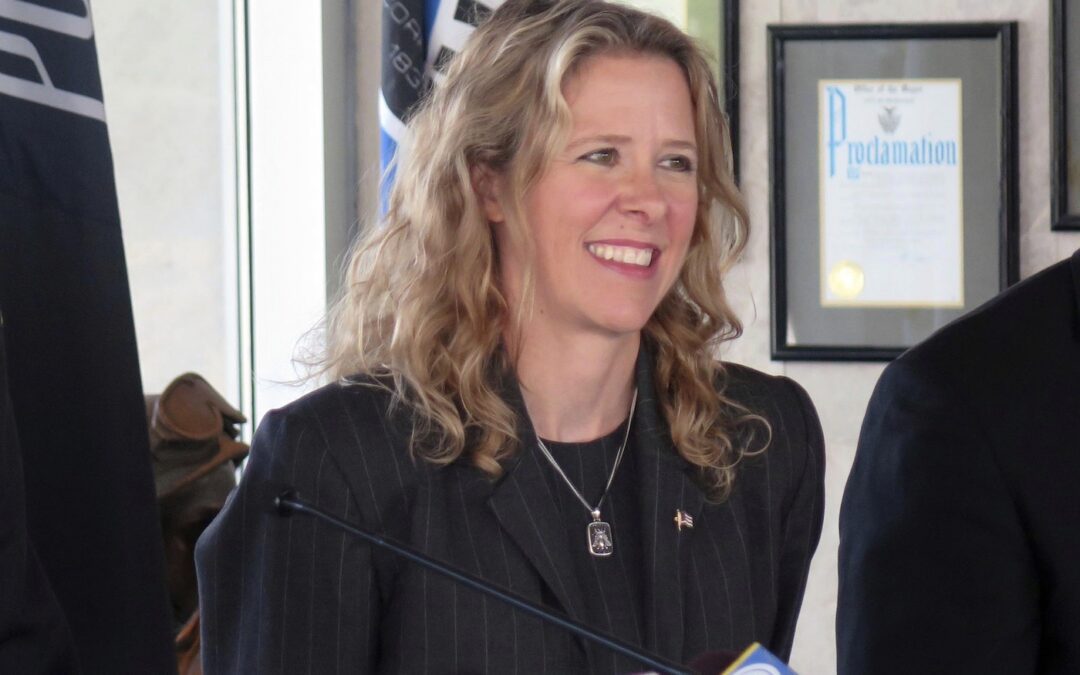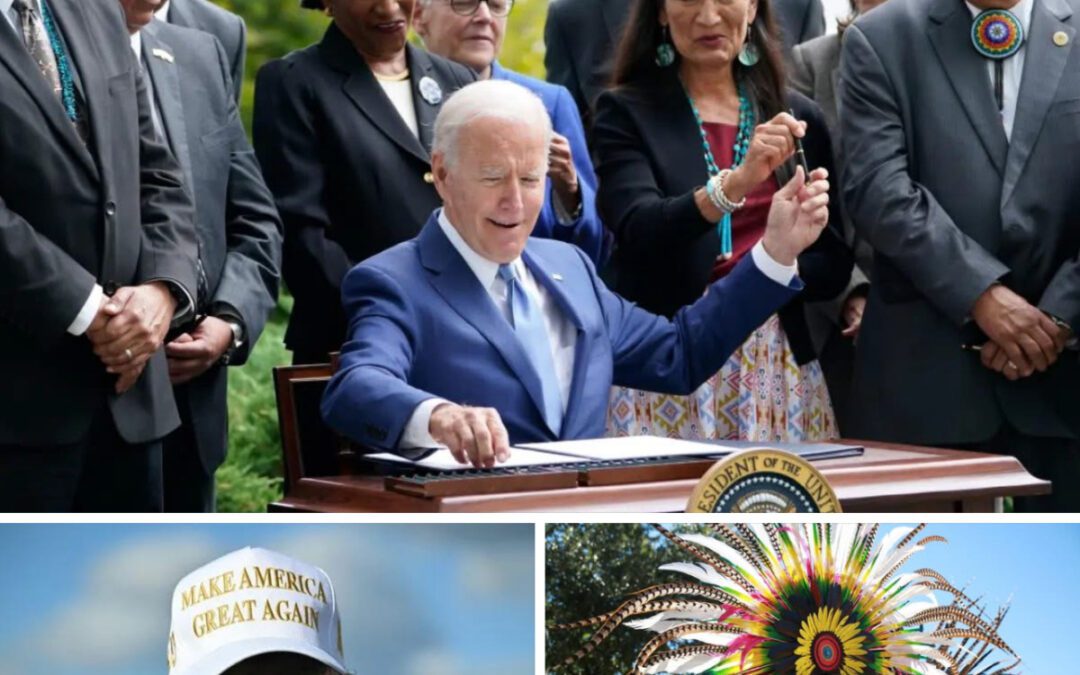
Book bans frequently target authors of color, LGBTQ+ authors, and female writers — as well as books about racism, sexuality, gender, and history. (Image via Shutterstock)
Besides correcting misinformation, there are other actions you can take to guarantee the freedom to read in our communities.
[Editor’s Note: Author Laura Anne Bird is a regular contributor to the UpNorthNews radio show “Mornings with Pat Kreitlow,” heard weekdays 6-9am on the Civic Media radio network. After a recent appearance, we asked her to write this two-part series on local book banning efforts. Part 1 is here.]
If you value reading and stretching your mind, it’s natural to feel angry and frustrated about the recent rise in book bans in our country, including Wisconsin.
Book challengers often rely on a handful of arguments to make their case about titles they want removed from the shelves of their local libraries (school and/or public). I have formulated some responses to these arguments, thanks to PEN America, Authors Against Book Bans, American Booksellers Association, American Library Association, and EveryLibrary. I am grateful to these organizations for working hard to champion access to books and protect free expression.
PART ONE: Book bans threaten our right to read. Here’s what you need to know. Know the basics of book bans and protect our right to read.
“We’re just trying to protect children.”
Book challengers believe that removing books (typically featuring characters of different racial and/or sexual backgrounds, discussions of racism, sexual content, or trauma) is a form of protection, not censorship.
Protecting children doesn’t mean shielding them from reality; it means giving them the tools to understand it. Most of the books targeted for removal are in fact age-appropriate, educator-approved, and written with care and nuance, and the topics they address reflect the lived experiences of many kids. Books and libraries help children process their realities safely and with context, care, and support, which they will not find on social media or Google.
“Parents should have control over what their kids read.”
If a parent doesn’t want their child to read something, they believe it shouldn’t be available in the library.
Parental rights absolutely matter, but public resources must serve all families. If you don’t want your child to read a book, that’s your prerogative, but it’s unfair to take that choice away from others.
Notably, library systems and schools have tools in place that invite and respect parental input. Families can opt their children out of certain titles, ask for alternatives, or set limits for their kids. Feel free to use these tools, but let’s not restrict access for families who do want their kids to have access to a rich variety of titles, ideas, and perspectives.
“Books are indoctrinating kids with political or ‘woke’ agendas.”
Book challengers believe books about race, gender, or LGBTQ+ topics are political tools meant to push liberal ideology.
Books aren’t political just because they reflect the lives of people outside the majority. Diverse stories are not “agendas”; they build empathy and provide windows into the human experience.
Education is supposed to challenge students’ thinking and broaden their worldview. Teaching children to understand different perspectives is not the same as forcing acceptance of a specific idea.
“These books contain pornographic or obscene material.”
Book challengers consider books with sexual content or LGBTQ+ themes to be pornographic.
Pornography is about intent. By definition, it is material intended to sexually arouse. In general, school and public libraries do not contain pornography on the shelves. A book with fleshed-out characters, compelling themes, and a narrative arc that explores identity, love, trauma, or abuse through an emotional journey is not pornography, it’s literature.
Book challengers are adept at reading certain passages or pages out of context, selected for shock value. Rarely do they read the entire book to understand the scope and importance of the story as a whole.
“There are other books to read. Why does it matter if we remove a few?”
Thankfully, there are many books out there, but they don’t all serve the same purpose or speak to the same readers. When we remove stories with marginalized characters or difficult topics, we limit representation and stifle understanding.
Once we allow some books to be banned, we set a dangerous precedent. Whose voice gets silenced next? Censorship doesn’t happen all at once; it chips away at freedom, one title at a time. Every book counts.
“The First Amendment doesn’t apply to schools.”
Book challengers think that because public schools are government institutions, administrators can remove books without violating the Constitution.
In Tinker v. Des Moines (1969), the US Supreme Court affirmed that students do not shed their constitutional rights when they walk inside their school buildings. The First Amendment protects the right to read and think freely, even for kids.
“These books confuse kids about their identity.”
Book challengers believe that books that mention gender identity, sexual orientation, or race create confusion and are harmful to a child’s development.
Some books may introduce beliefs that are different from those held at home, but I think that’s one of the many reasons why reading is important. If you have concerns that a book may lead your child to question their beliefs or threaten their sense of self, talk with them about these things, along with any boundaries that are important to your family. A discussion like this might feel uncomfortable, but it’s our job as parents to talk with our kids about the world outside our backyards and how they can navigate it.
If you want to get involved
There are many things we can do to push back against those who are impinging on our right to read what we want.
- Library boards, school boards, and legislatures are elected bodies. Vote for candidates who believe in maintaining access to books.
- Share your concerns about book banning with your local elected officials through phone calls, emails, letters, and office visits.
- Attend school board meetings and speak up against book banning.
- Read banned books. Start a banned book club, stock Little Free Libraries with banned books, and buy banned books at your local independent bookstore or online at bookshop.org.
- Read, promote, and support writers who represent diverse backgrounds.
- Follow me on Instagram @laura_at_the_library for reviews of books that will inform, enrich, and broaden your perspective.

‘Weaponizing red tape’: How Wisconsin families on SNAP could go hungry within days
In President Donald Trump’s economy, around 700,000 people in Wisconsin have incomes low enough to require help affording groceries. The US economy...

How Derrick Van Orden’s threats hurt everyone in his district
A member of Congress targeting freedom of expression might not lead to criminal prosecutions or federal defunding today, but it creates a political...

Key Wisconsin GOP Supreme Court justice announces exit, citing bitter political climate
While not announcing her next move, Justice Rebecca Bradley said fellow conservatives need to “take stock of their failures and fix it.”...

Trump’s latest conquest? Bringing back Columbus Day.
Trump continued his quest to “Make America White Again” last weekend by focusing on what really matters — bringing back Columbus Day. (Insert eye...





